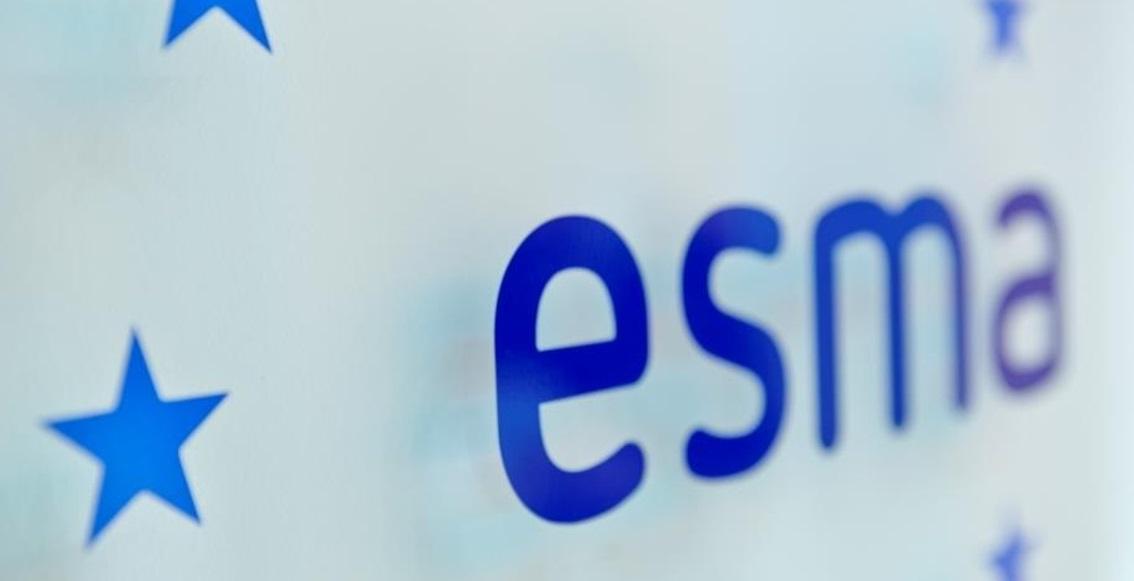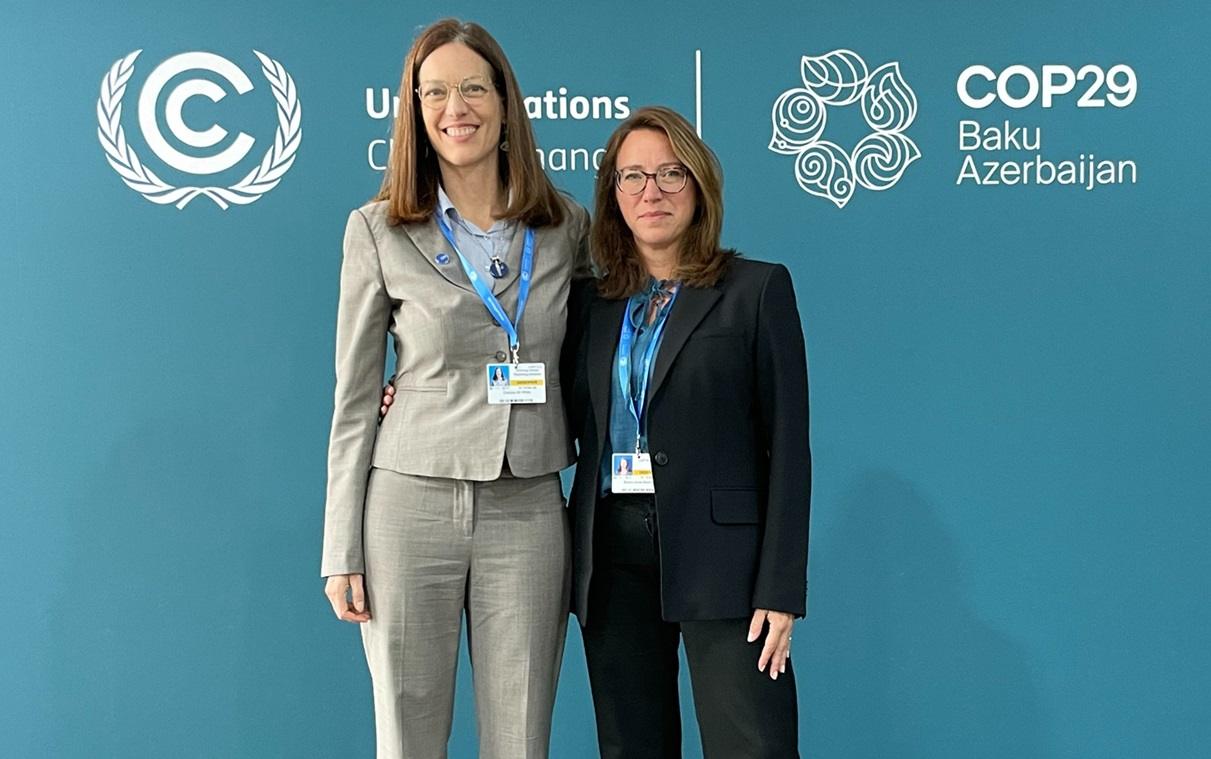EU Regulator Calls for SMEs to be Required to Report on Positive Sustainability Impacts, Opportunities to Avoid Greenwashing
EU markets regulator the European Securities and Markets Authority (ESMA) has issued recommendations to adjust proposed sustainability reporting requirements for market-listed small and medium-sized (SME) businesses, with proposals including a requirement for SMEs to report on sustainability-related opportunities and positive impacts, in order to avoid the risk of greenwashing.
The recommendations form part of ESMA’s response to a consultation by the European Financial Reporting Advisory Group (EFRAG) on its proposed European Sustainability Reporting Standards (ESRS) for small and medium enterprises under the EU’s Corporate Sustainability Reporting Directive (CSRD).
The CSRD took effect from the beginning of 2024 for large public-interest companies with over 500 employees, followed by companies with more than 250 employees or €40 million in revenue in 2025, and is slated to take effect for listed SMEs in 2026.
EFRAG, a private association majority financed by the EU, was mandated by the European Commission in June 2020 to prepare for new EU sustainability reporting standards, including for SMEs which are public-interest entities, or those with securities traded in the EU. The organization was also asked to develop voluntary sustainability reporting standards for non-listed SMEs. EFRAG released its exposure drafts for the new SME ESRS, including standards for both public interest SMEs (ESRS LSME) and voluntary standards for other SMEs (VSME), and launched a public consultation on the standards, in January 2024.
In its response to the consultation, ESMA acknowledged that EFRAG was required “to strike a difficult balance” between addressing proportionality concerns in setting sustainability reporting requirements for smaller businesses with the need to provide transparency and reliability of information to investors. The regulator noted that the proposed standards “adequately strike the balance between proportionality and investor protection considerations,” subject to targeted changes proposed by ESMA.
One of the main changes proposed by ESMA relates to the reporting obligations for SMEs on sustainability-related positive impacts and opportunities, with the regulator noting that while all entities are required to report on risks and adverse impacts, disclosure requirements on opportunities are greater for larger entities, and SME’s impact reporting requirements are limited to adverse impacts.
One of the key problems suggested by ESMA to this approach is the risk of greenwashing, as reporting on positive impacts and opportunities will be done outside of the CSRD structure, and without the assurance safeguards of the sustainability reporting rules.
ESMA’s response said:
“There is, in fact, a risk that positive claims on sustainability impacts and opportunities will be presented outside of the sustainability statement and therefore they will not be subject to assurance and compliance with specific reporting requirements.”
In order to address these risks, while meeting the need for proportionality, ESMA suggested a compromise approach for the ESRS for SMEs, such as a requirement for “a concise depiction of material positive impacts in the materiality assessment,” and opportunities disclosure at an aggregated level, while allowing for more detailed information on a voluntary basis.
ESMA also recommended a further assessment by EFRAG on the interoperability of the ESRS for SMEs and international sustainability reporting standards, particularly those of the ISSB and GRI, noting that the proposed SME standard excludes some disclosure requirements. ESMA said:
“In our view, limiting the efforts that SMEs will have to make when explaining to international investors any divergence with international sustainability standards is one important aspect of making sure that the ESRS LSME is proportionate.”





